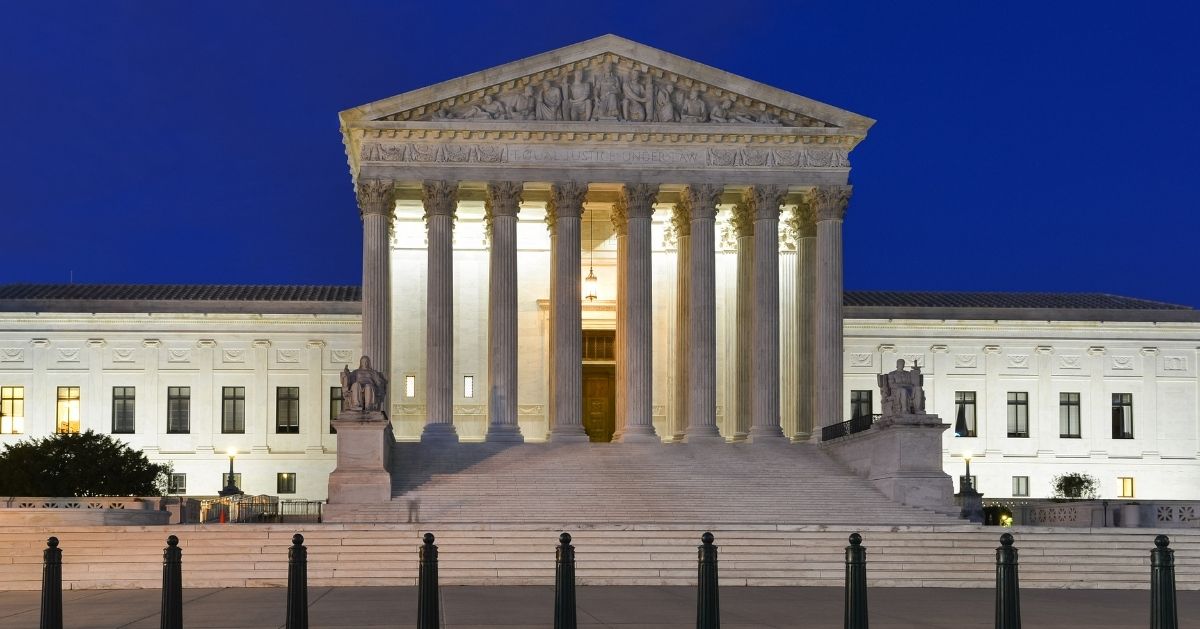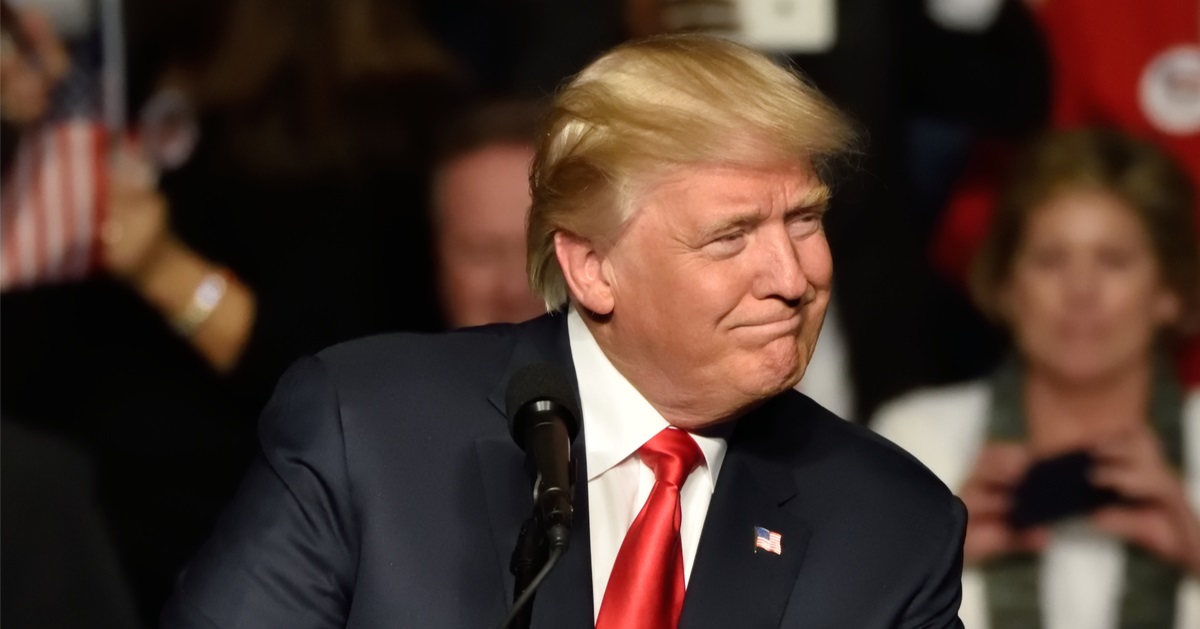This story was originally published by the WND News Center.
Judges on an appeals court bench in New York, a judicial system already contaminated by a series of lawfare cases against President Donald Trump, have become "lost in navel-gazing," instead of delivering justice, according to new charges from constitutional expert Jonathan Turley.
The fight is over a case brought by New York Attorney General Letitia James, who now is under investigation herself on various criminal counts, alleging fraud in Trump's business operations. At trial, it was documented no one lost money, the lenders involved were happy with their deals with Trump and wanted to do business with him again.
Yet a sole partisan judge, Art Engoron, decided to punish Trump by ordering him to pay about half a billion dollars.
Legal commentator Judge Andrew Napolitano at the time called Engoron's agenda no more or less than "government theft."
He said the case involved no crime or harm.
Engoron openly was antagonistic to Trump during the trial, and he claimed that Trump committed fraud in the way he valued his billions of dollars in property.
Further, he claimed to know more about property values than anyone, insisting that Trump's Mar-a-Lago home was worth not even $20 million. Actual real estate experts said it would be worth 25 times that, or more.
Napolitano said Engoron's decisions violated all the ordinary rules of American jurisprudence.
He found, "The government created a phantom harm by arguing to the court that Mr. Trump's corporation was not fully accurate in its loan applications and thus was charged a lower interest rate on the loans than it should have been charged had it been accurate, and thus, it earned more income on its use of the money it borrowed than would have been the case had it scrupulously reported the value of its pledged assets. And thus — somehow — the government ought to be able to confiscate the excess income plus interest. This, of course, defies the principles of no damages without breach of a duty and no damages without caused harm, which have been the bedrock of American tort law. It also redefines fraud."
Curiously, James now is under investigation herself on federal allegations she lied to government authorities about her own properties, and the relationship with her father – she apparently described him as her "spouse" on one application – all in order to obtain more favorable mortgage interest rates.
Engoron's rulings essentially ignored what should have been a deciding factor in the case, that the banks involved "did their own due diligence on the value of the assets.'
"The government won't say how it was harmed by Mr. Trump's commercial loans because it wasn't harmed by them. The government lawyers made a fanciful argument to the effect that if Mr. Trump had borrowed less because the buildings pledged as security were worth less than he claimed, the banks would have had more reserves available to lend to others. That is nonsense," Napolitano said.
Now Turley, a law professor at George Washington University and popular commentator for multiple forums, cited a report from the Wall Street Journal that the appellate judges hearing the case have let it drop into "some judicial black hole."
"This should not be a close case and certainly should not take this long. The case against Trump was raw lawfare, and the entire trial by Justice Arthur Engoron made a mockery of the court system, particularly his ridiculous half-a-billion-dollar judgment," he explained.
"Yet, weeks turned into months and then into years as the appellate court seemed lost in navel-gazing. There was also a concern over passive-aggressive delays; the long appeal is not only preventing Trump from moving this case toward the Supreme Court but keeps him trapped in an appellate amber."
The Journal report claimed, "A five-justice panel has yet to render a decision nearly a year after taking up the case, leaving him and his business in limbo. Behind the scenes, members of the panel have been divided, and three of them have been writing opinions, according to people familiar with the matter. It couldn't be determined how they are split. Justices do occasionally shift their positions, and the number of opinions could change, the people said."
Turley continued, "It is distressing to hear that some of these judges may be striving to preserve this nonsensical opinion where Trump was hit with half a billion dollars in a case where no one lost money and the banks wanted renewed business with his company. Affirming the decision would be the final nail in the coffin for the New York legal system, which was turned into a farce by New York Attorney General Letitia James and Judge Engoron."
The judges, if they are fractured, he said, "could do us all a favor and allow the case to proceed toward more competent jurists and final resolution."
He warned, "There is certainly no rush by these appellate judges to right any wrong done to Trump, who appears, again, to fall into a special category of persona non grata in the New York legal system. This appellate panel appears content to leave Trump twisting in the wind as it contemplates what to do with a defendant who garners little sympathy from its members.
"Most appeals are measured in months; this seems measured in millennia. Even with the notoriously slow New York legal system, the pendency of this appeal is becoming itself a controversy. It is often said that justice delayed is justice denied. However, delayed and denied justice for Trump appears to be a bedrock principle of the New York justice system."


